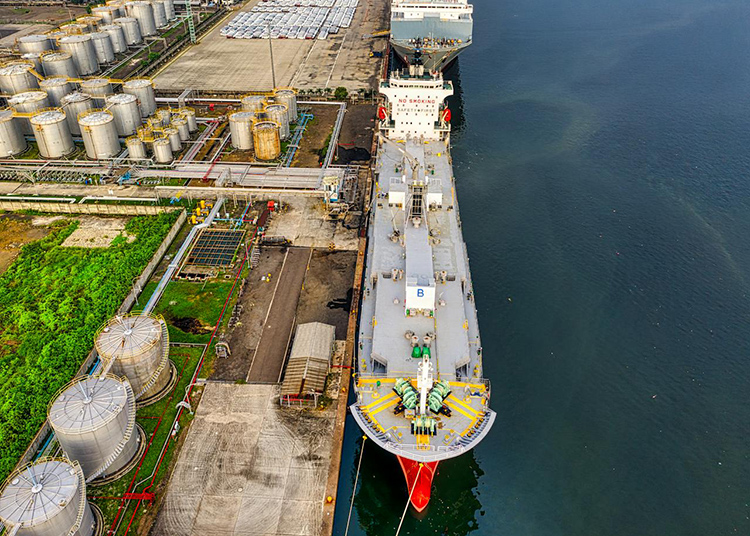Plentiful oil is keeping crude prices stable while driving up demand for oil tankers and profits for tanker operators, according to reports.
“Right now, it costs more than $87,000 a day to carry about 2 million barrels from Saudi Arabia to China,” Bloomberg reported on Sept. 16. “That’s the most in 2 1/2 years, exceeding levels seen during a period of intense fighting in the Middle East earlier this year.”
Part of the demand is caused because a number of vessels are not complying with Western sanctions and therefore becoming ineligible for Western shipping, but demand is also driven by a need to move more barrels of oil due to plentiful supply, Bloomberg said.
While an oversupply of as much as 2 million barrels per day has kept oil prices below $70 per barrel, it has not slowed traffic, as China and other states take advantage of low prices to build strategic reserves and refiners look to stock up on cheap oil, according to Splash Extra.
“In the crude oil tanker markets, this has translated into extra spot market activity and higher earnings. China has added demand for two extra VLCCs (very large crude carriers) per week,” Splash extra said, “This has pushed up the time charter equivalent earnings on West Africa to China VLCC earnings by 57% in the 30 days to August 22, to $49,608.”
Taking longer routes
Another impact of the sanctions is that they force crude oil tankers to take longer, less-efficient routes, tightening vessel availability, according to a report by Lloyd’s List. This has also driven demand for vessels.
“Average asset prices of secondhand very large crude carriers are trending some 4% higher than values in May, with 10-year-old units currently valued at $87m, according to broker assessments,” Lloyd’s List reported in July.
The windfall for shippers from strong oil supply seems likely to continue for a while. Even as crude oil prices hover around $65 a barrel, production is increasing.
Output in Brazil and Alberta Canada is nearing record volumes, and Guyana, which only entered into oil production a few years ago, is set to produce close to 1 million barrels a day in October, Bloomberg reported on Sept. 16.














